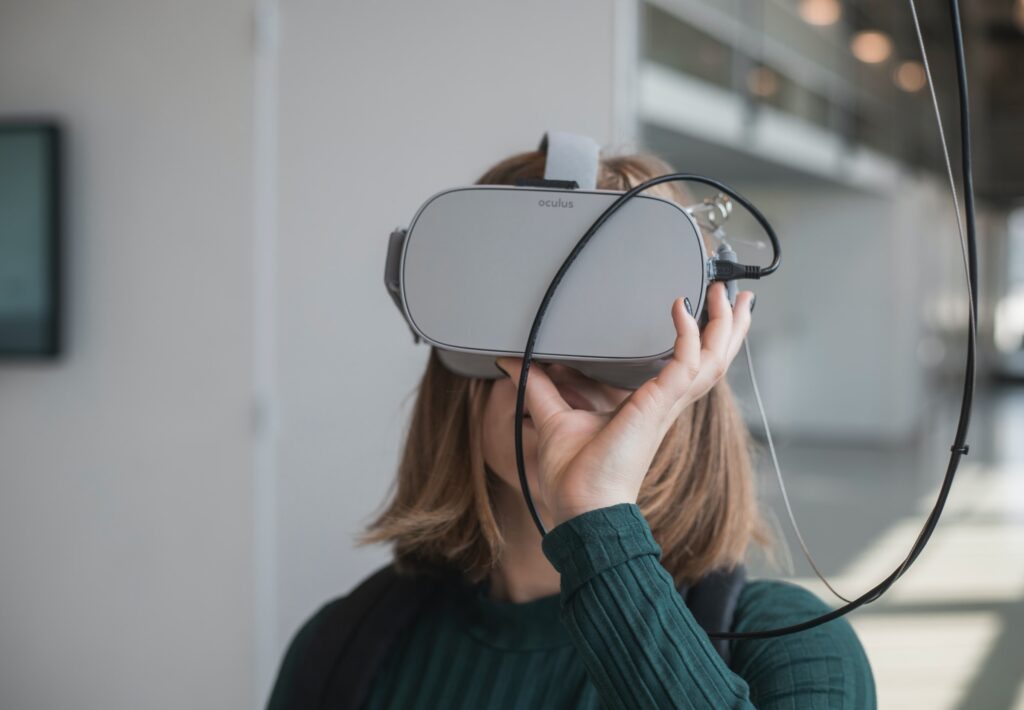Last updated on October 27, 2023

| The metaverse real estate market is expected to reach $1 trillion by 2028, according to a new report by Grand View Research. The report projects that the market will grow at a compound annual growth rate (CAGR) of 31.2% from 2023 to 2028. The metaverse is a virtual world that is created by the convergence of augmented reality (AR), virtual reality (VR), and the internet. It is a place where people can interact with each other and with digital objects in a realistic way. Real estate in the metaverse is represented by non-fungible tokens (NFTs). NFTs are unique digital assets that cannot be copied or divided. They are used to represent ownership of digital items, such as land, buildings, and avatars. The metaverse real estate market is still in its early stages, but it is growing rapidly. This is due to the increasing popularity of the metaverse and the growing demand for virtual real estate. There are a number of factors driving the growth of the metaverse real estate market. These include: – The increasing popularity of virtual worlds, such as Second Life and Roblox. – The growing adoption of AR and VR technologies. – The increasing demand for virtual events and experiences. – The growing popularity of NFTs. The metaverse real estate market is still a new and emerging market, but it has the potential to be a major growth area in the years to come. The market is expected to be driven by the increasing popularity of the metaverse, the growing adoption of AR and VR technologies, and the increasing demand for virtual events and experiences. |
Significant terms:
- Metaverse: The metaverse is a virtual world that is created by the convergence of augmented reality (AR), virtual reality (VR), and the internet. It is a place where people can interact with each other and with digital objects in a realistic way.
- Non-fungible token (NFT): An NFT is a unique digital asset that cannot be copied or divided. They are used to represent ownership of digital items, such as land, buildings, and avatars.
- Augmented reality (AR): AR is a technology that superimposes a computer-generated image on a user’s view of the real world, thus providing a composite view.








Comments are closed.